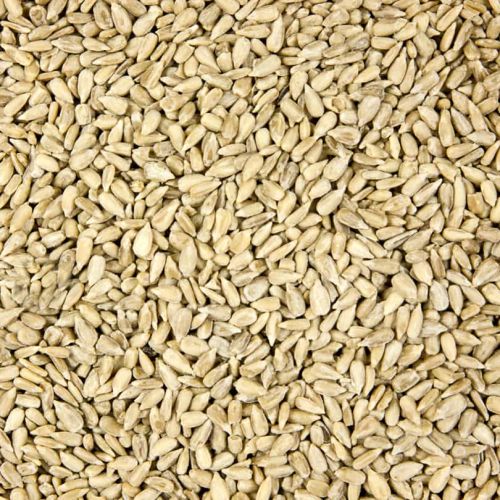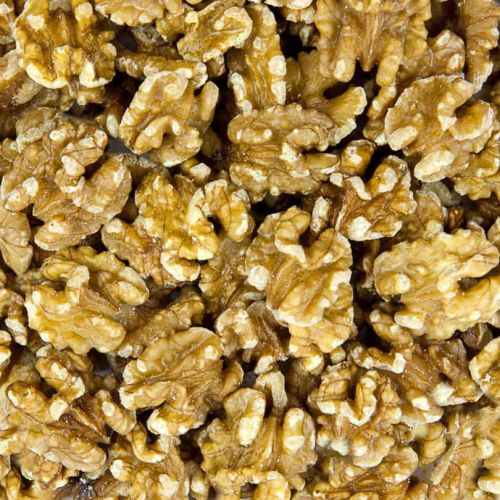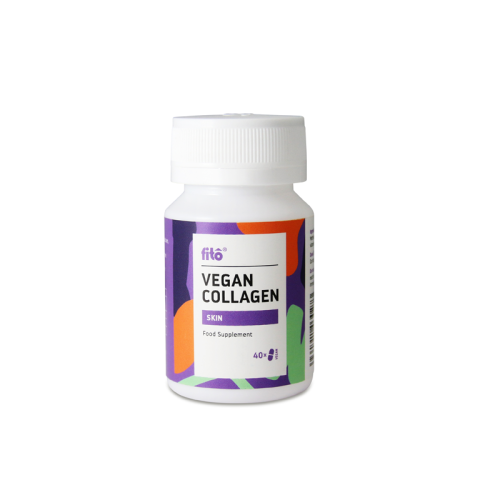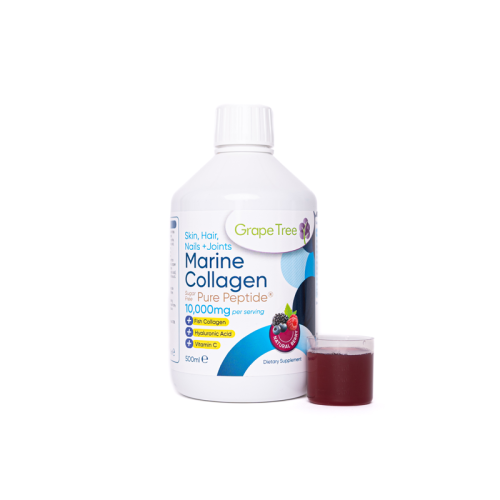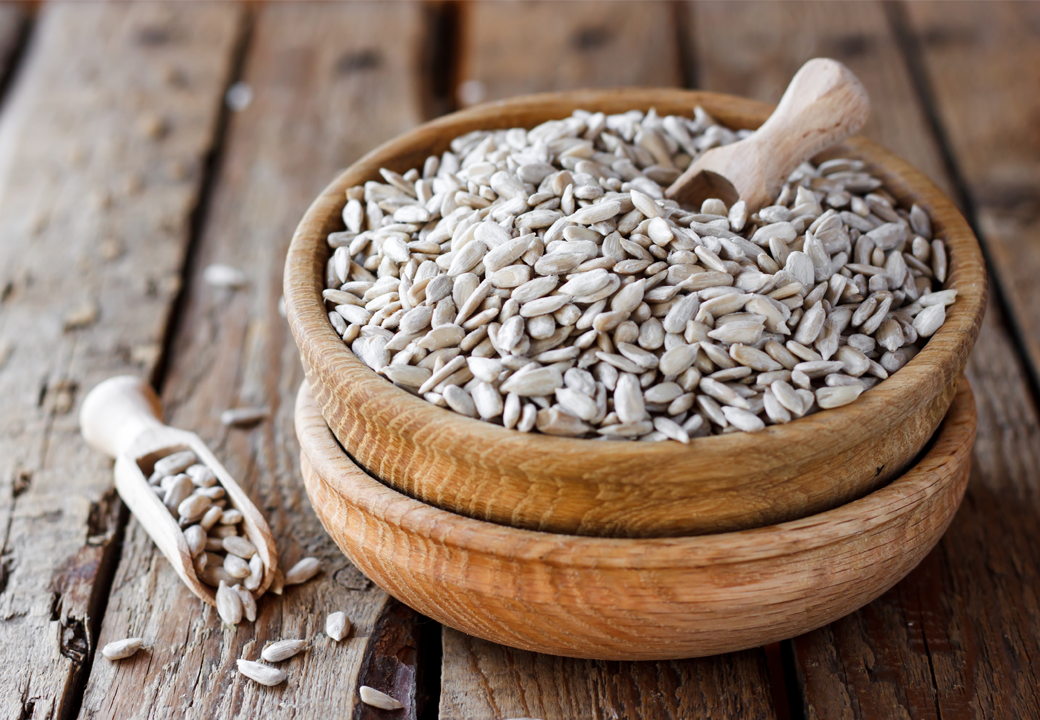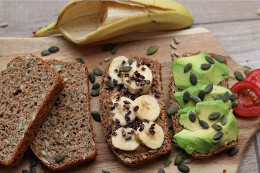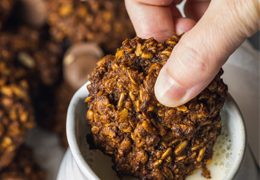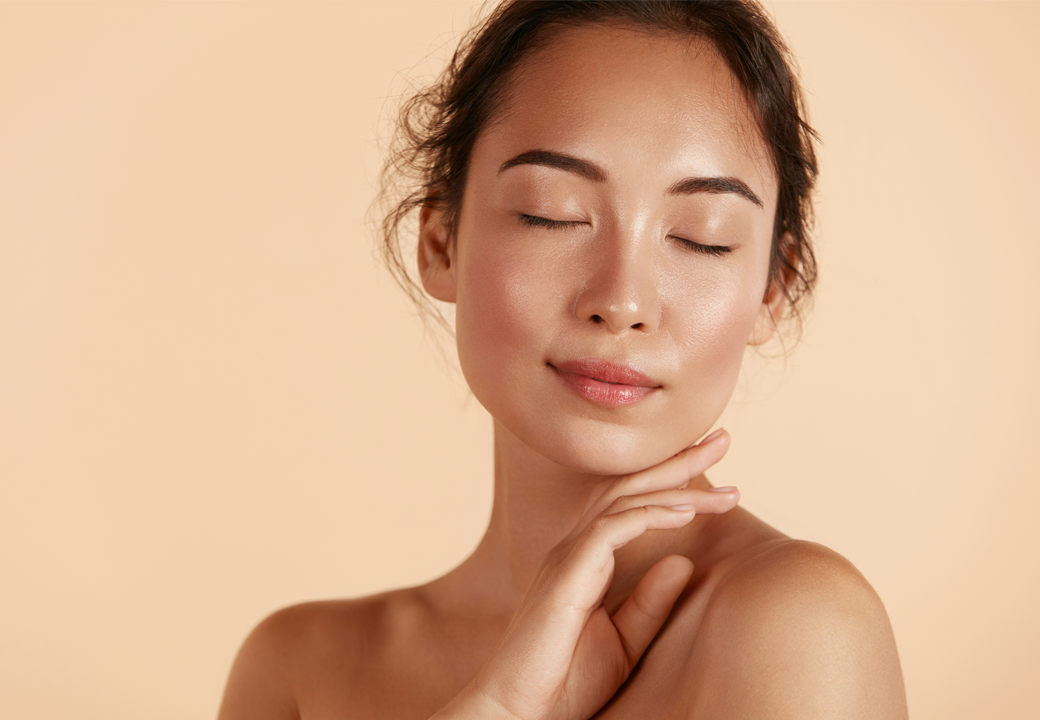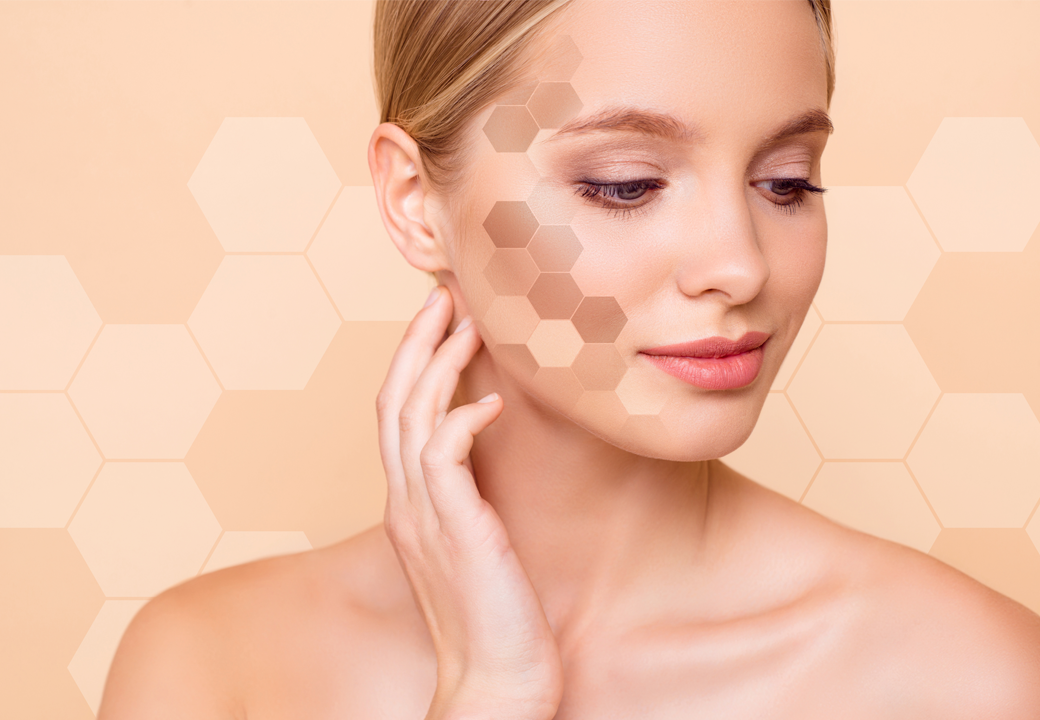We are bombarded daily by a multi-billion-pound global beauty industry keen to sell us products to look after our skin.
But is our largest organ being cared for in the best way possible by lathering on lotions or potions alone or is there something we can do for the good health of our skin at a more fundamental level?
As scientists learn more about diet and its impact on health and wellbeing it has become increasingly clear that what you eat can significantly affect your skin and how well it ages.
According to the British Dietetic Association there is lots we can do to keep our skin looking its best.
And it recommends “feeding your skin from the inside” underlining that vitamins A, B2, B3, B6, C, D, E, zinc, and selenium are important for optimal skin health and function.
The BDA adds: “Eating a balanced nutritional diet, rich in antioxidants, vitamins and minerals is key.
If you do not get enough of these, it could cause medically recognised skin problems. The good news is that a varied diet provides all these nutrients. As well as staying hydrated, avoiding sun exposure, stress, alcohol, and smoking there are some foods which are better than others at delivering the vitamins and minerals our skin needs.
Sunflower Seeds
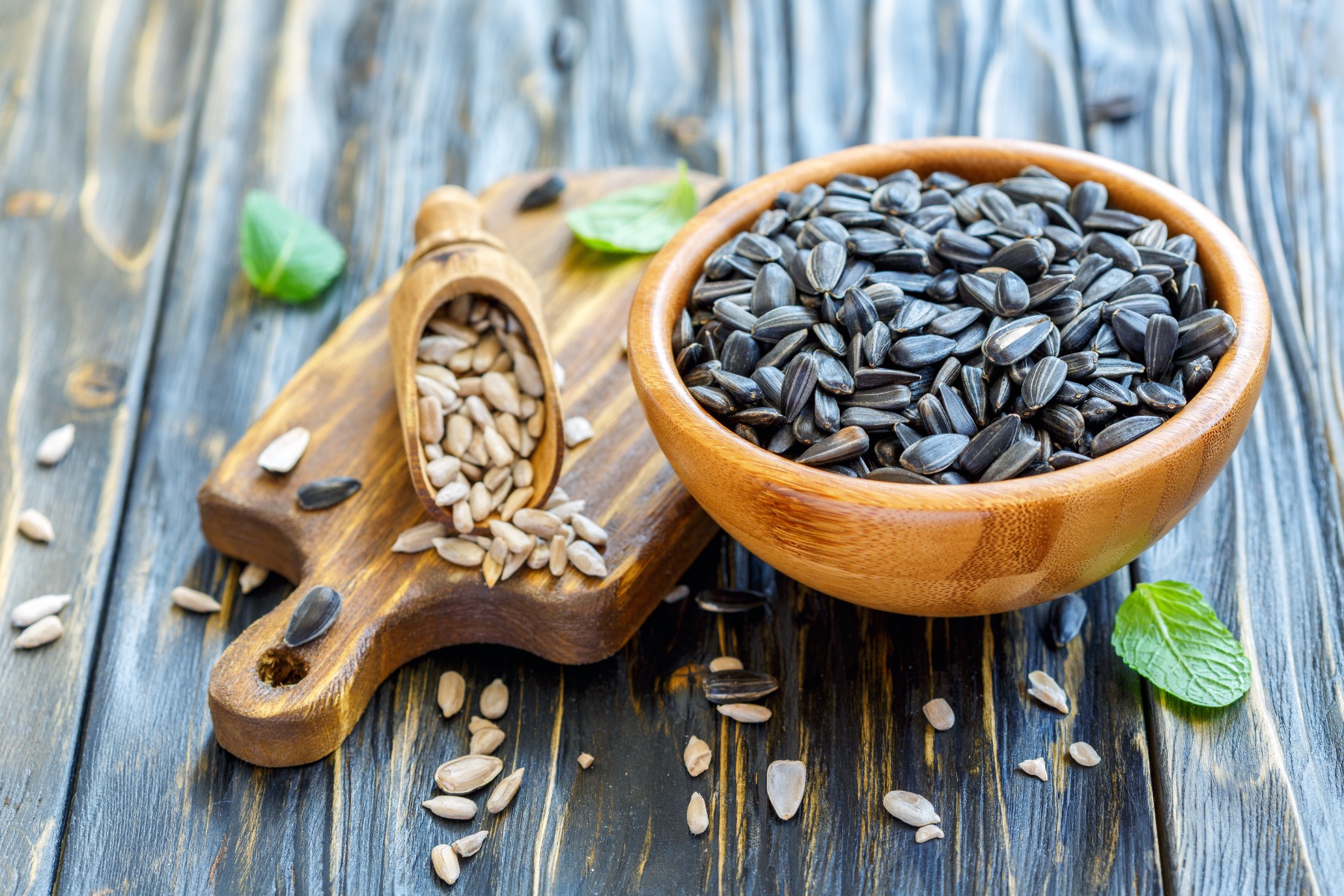

Photo Credit: "© [sriba3] / Adobe Stock
Just 28g of sunflower seeds will provide almost half of the daily requirement of vitamin E and almost the same again of selenium. Vitamin E is an essential antioxidant for healthy skin and eyes. Any vitamin E that your body does not need is stored for future use. The NHS advises 4mg of vitamin E is needed each day for men and 3mg for women.
Walnuts
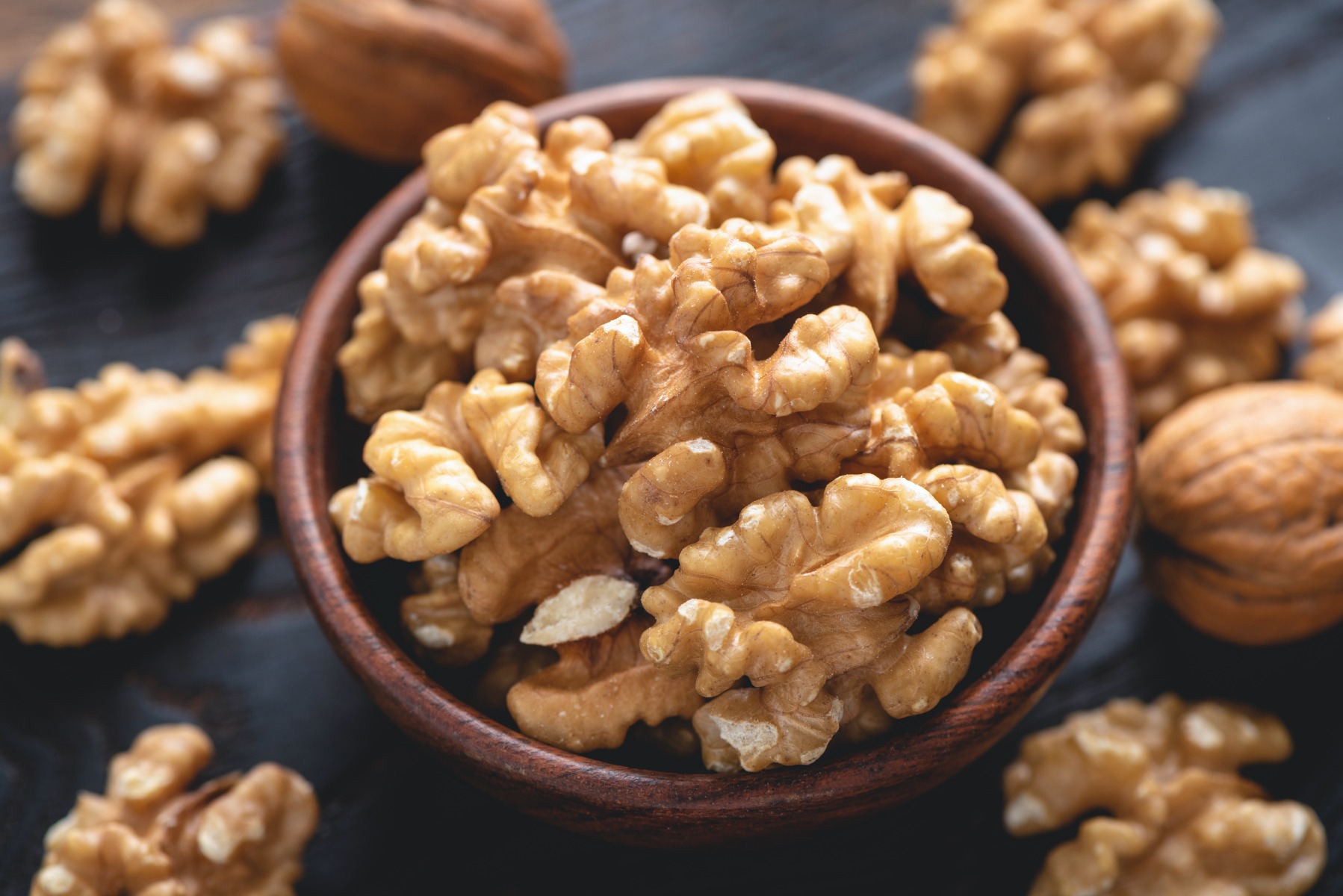

Photo Credit: "© [Vladislav Noseek] / Adobe Stock
Rich in omega-3 fats, walnuts can counteract inflammation throughout the body, including skin. Healthy doses of zinc are also in abundance, which is essential for skin to act as a barrier and for wound healing as well as for combating bacteria and inflammation. Walnuts are also rich in selenium, protein, and those all-important antioxidants.
Soy
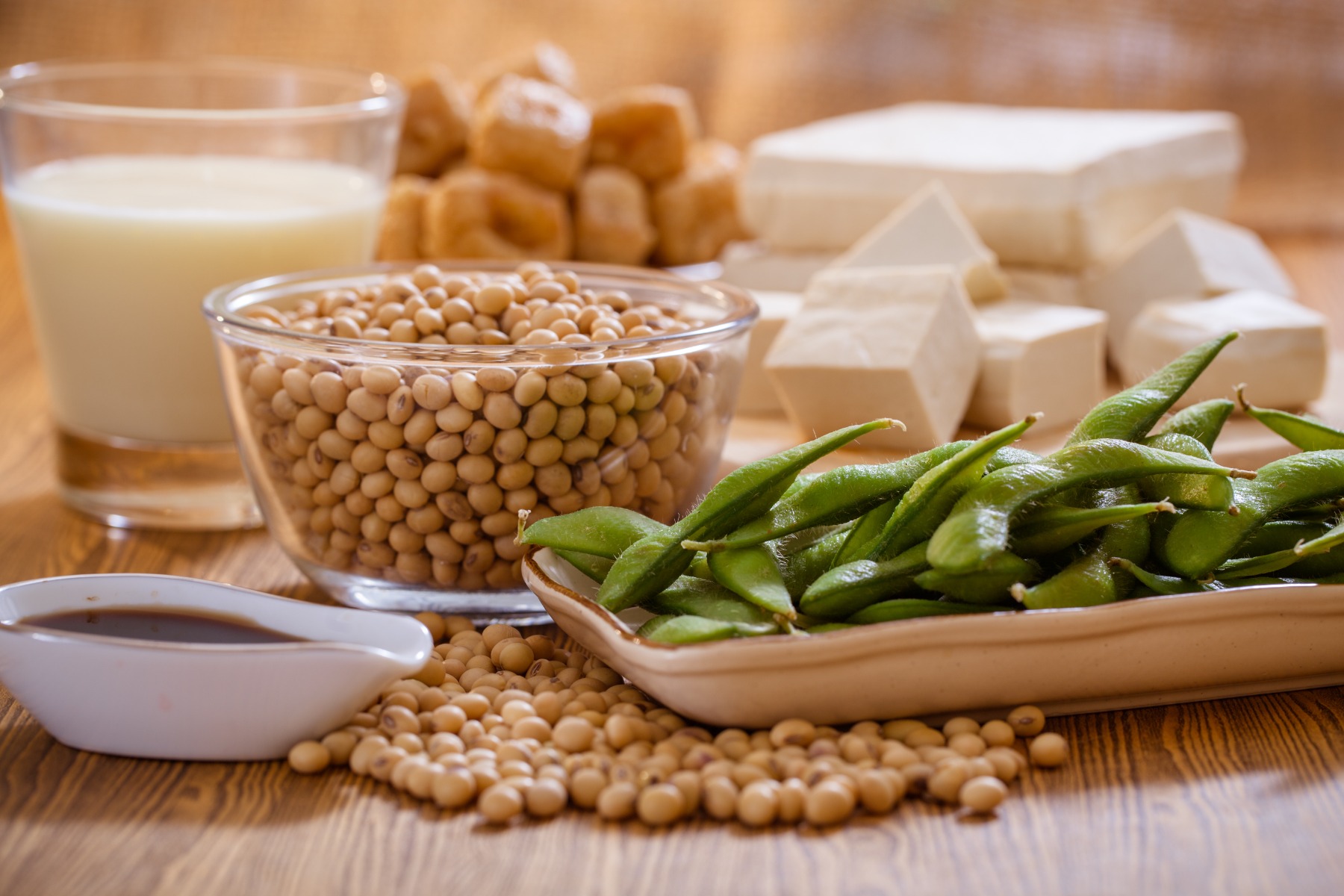

Photo Credit: "© [naito29] / Adobe Stock
Soy contains isoflavones, a plant-based compound which can either mimic or block oestrogen in the body. They have been shown through research to benefit several areas of the body, including the skin. Isoflavones have been shown to improves wrinkles, collagen and skin dryness as well as protect skin from UV damage.
Tomatoes
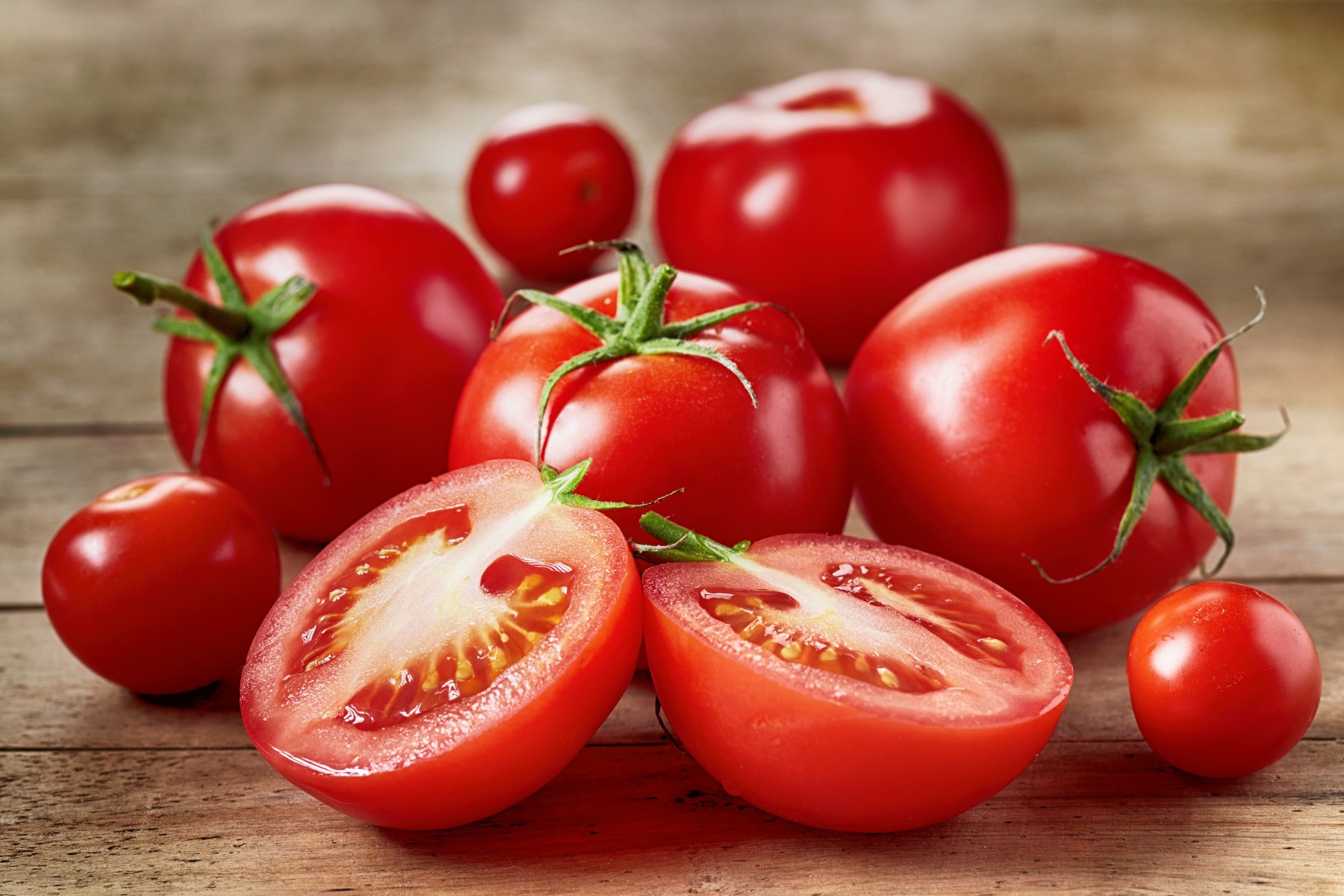

Photo Credit: "© [Mara Zemgaliete] / Adobe Stock
Carotenoids, especially lycopene, can help protect the skin from sun damage and may even prevent wrinkles. And the good news is that tomatoes are rich in carotenoids. To make sure that carotenoids are absorbed easily, it is advised that tomatoes are paired with cheese or olive oil as fat speeds up this process.
Dark chocolate
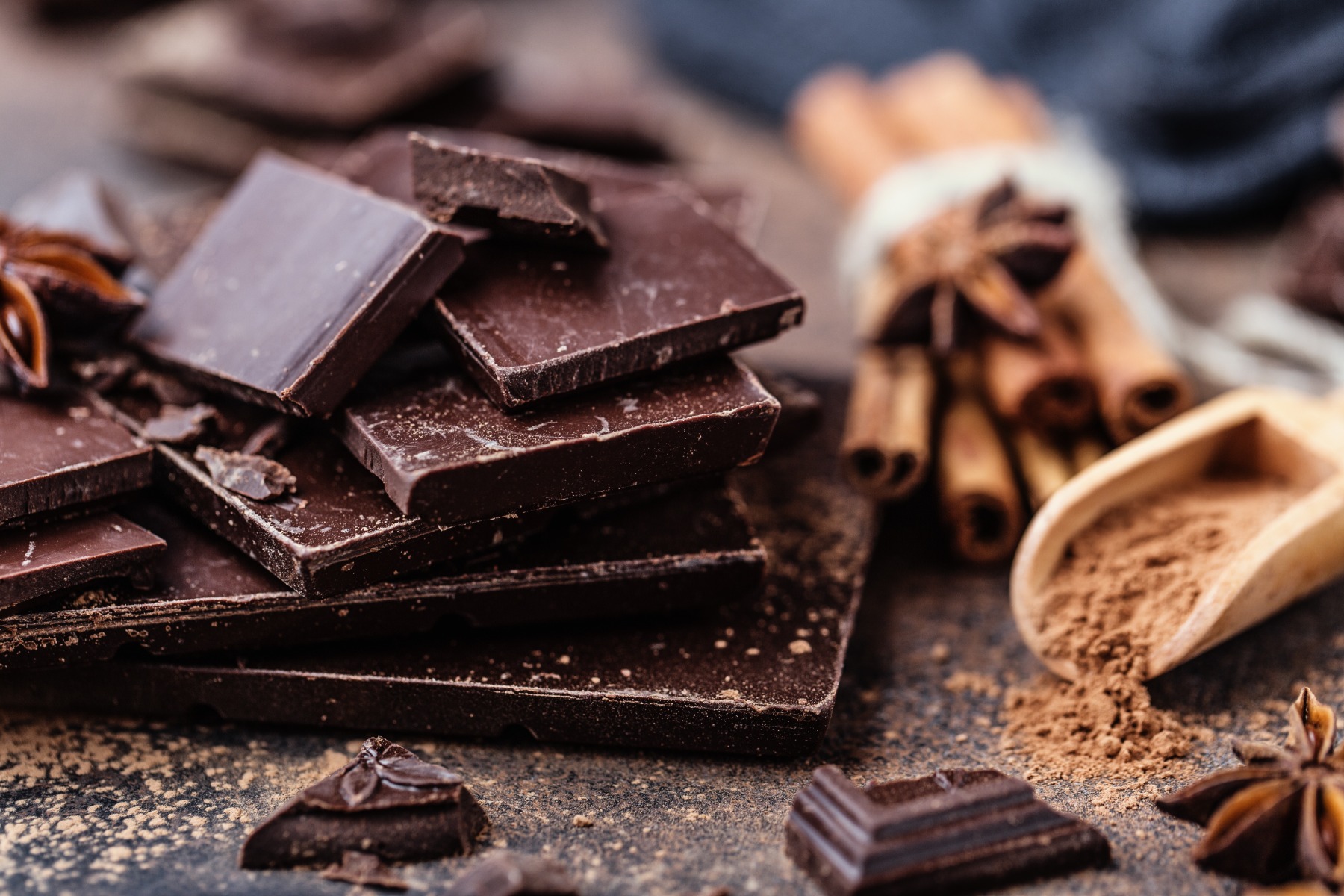

Photo Credit: "© [Agnes] / Adobe Stock
After six to 12 weeks of consuming a cocoa powder high in antioxidants each day, participants in a study by the German University of Witten-Herdecke experienced thicker, more hydrated skin. They also reported that their skin was less rough and scaly. Other studies have shown dark chocolate also allows the skin to withstand more than twice as much UV radiation before burning.
Green tea
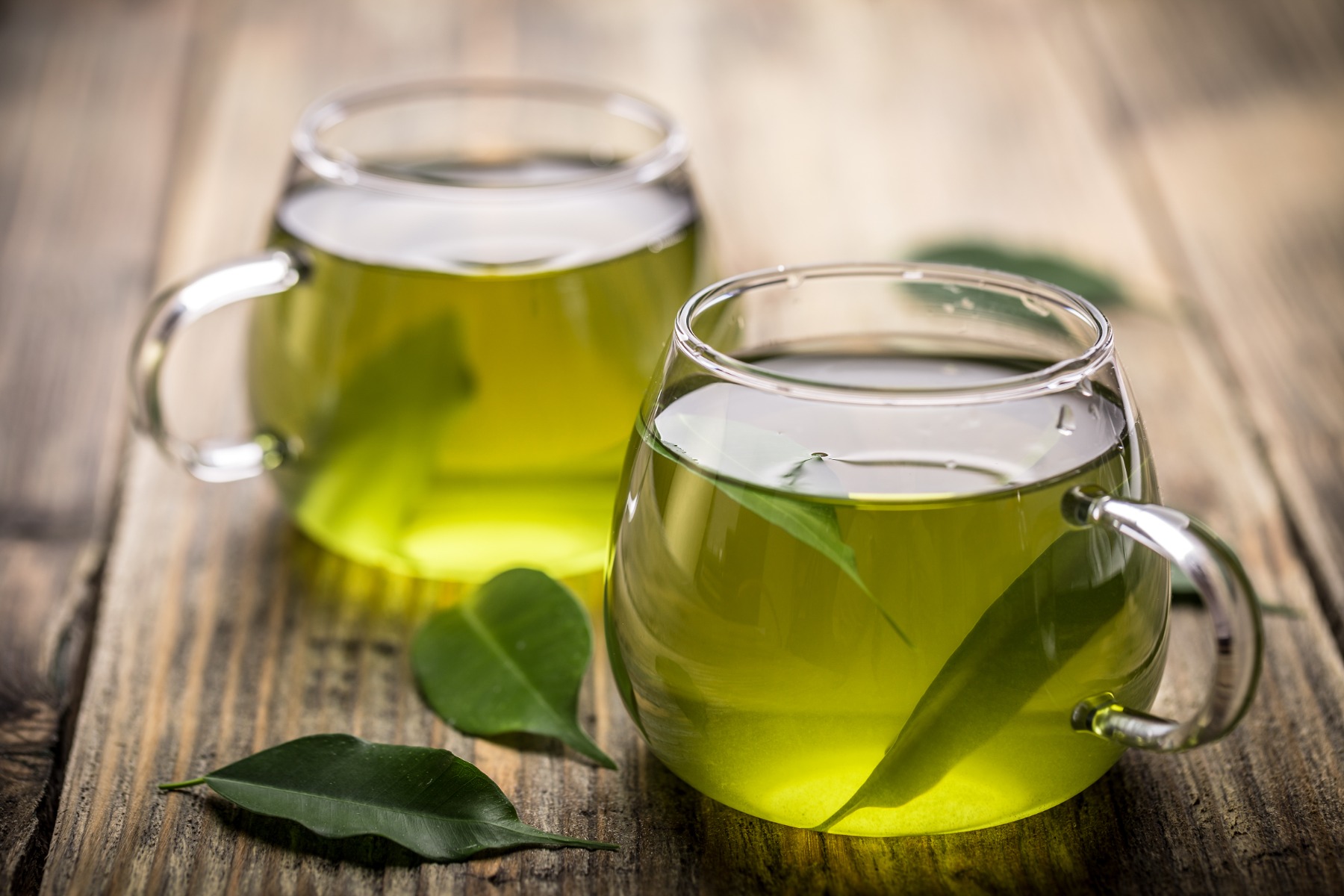

Photo Credit: "© [Grafvision] / Adobe Stock
While green tea is a great choice for skin and may protect from damage and ageing, milk could reduce the effect of the antioxidants in green tea. Powerful plant compounds called catechins contained in green tea work to improve the skin by improving elasticity, reducing roughness, and improving moisture. Green tea can also improve the redness from sun exposure. While these foods are important there are others which have skin health benefits. Oily fish, avocados, red grapes, broccoli and red or yellow peppers can all assist with a healthy skin. The BDA’s message is clear, and backed by research, nourishing your skin from the inside can reap benefits.
Coconut Oil Cuticle Boost
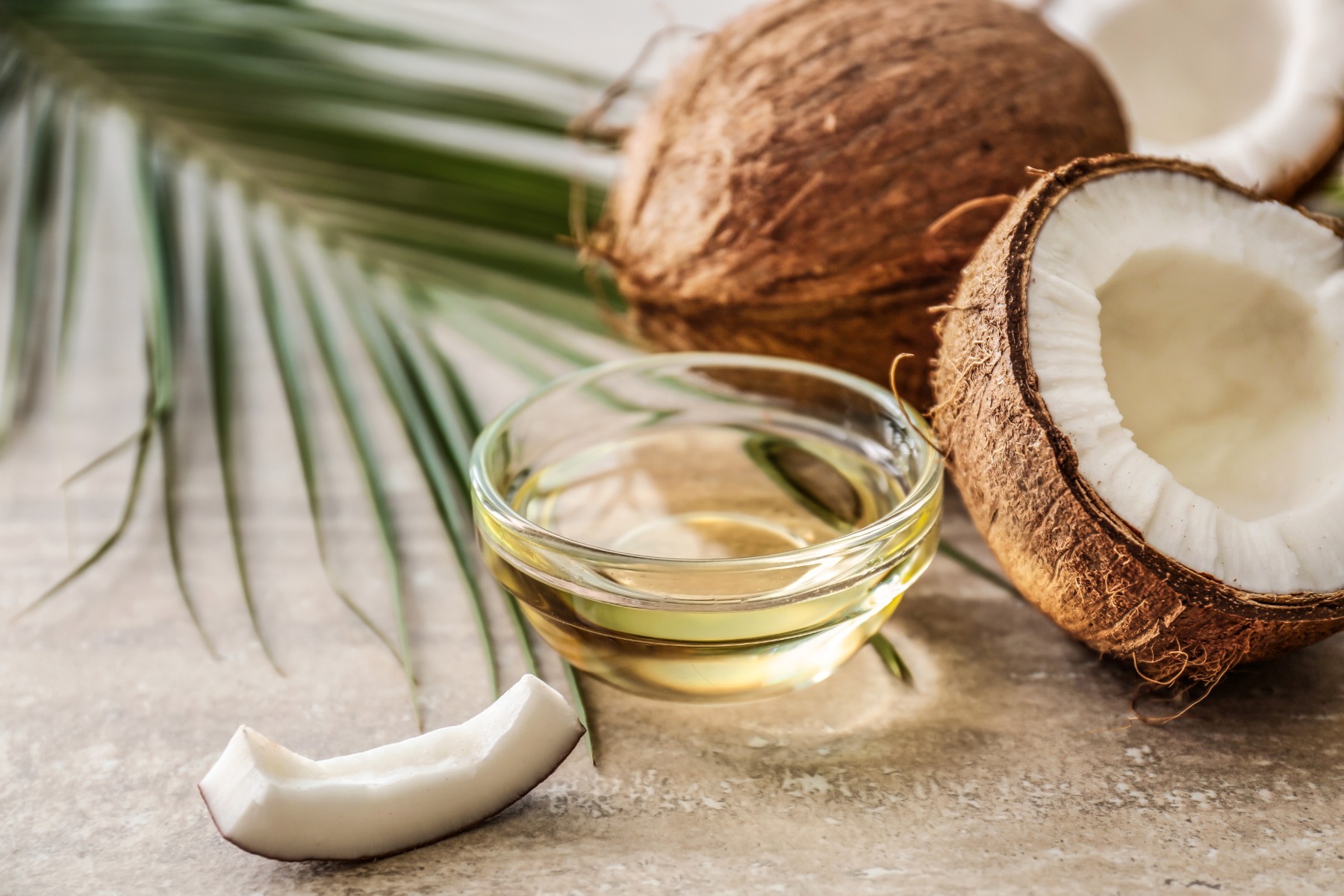

Photo Credit: "© [Pixel-Shot] / Adobe Stock
Skincare experts turn to coconut oil for extra nourishment on dry cuticles. The heavy oil provides longlasting moisture. Simply rub a small amount on each fingertip and cover with plastic wrap to let it sink in.
Research Shows Collagen Skin Boost
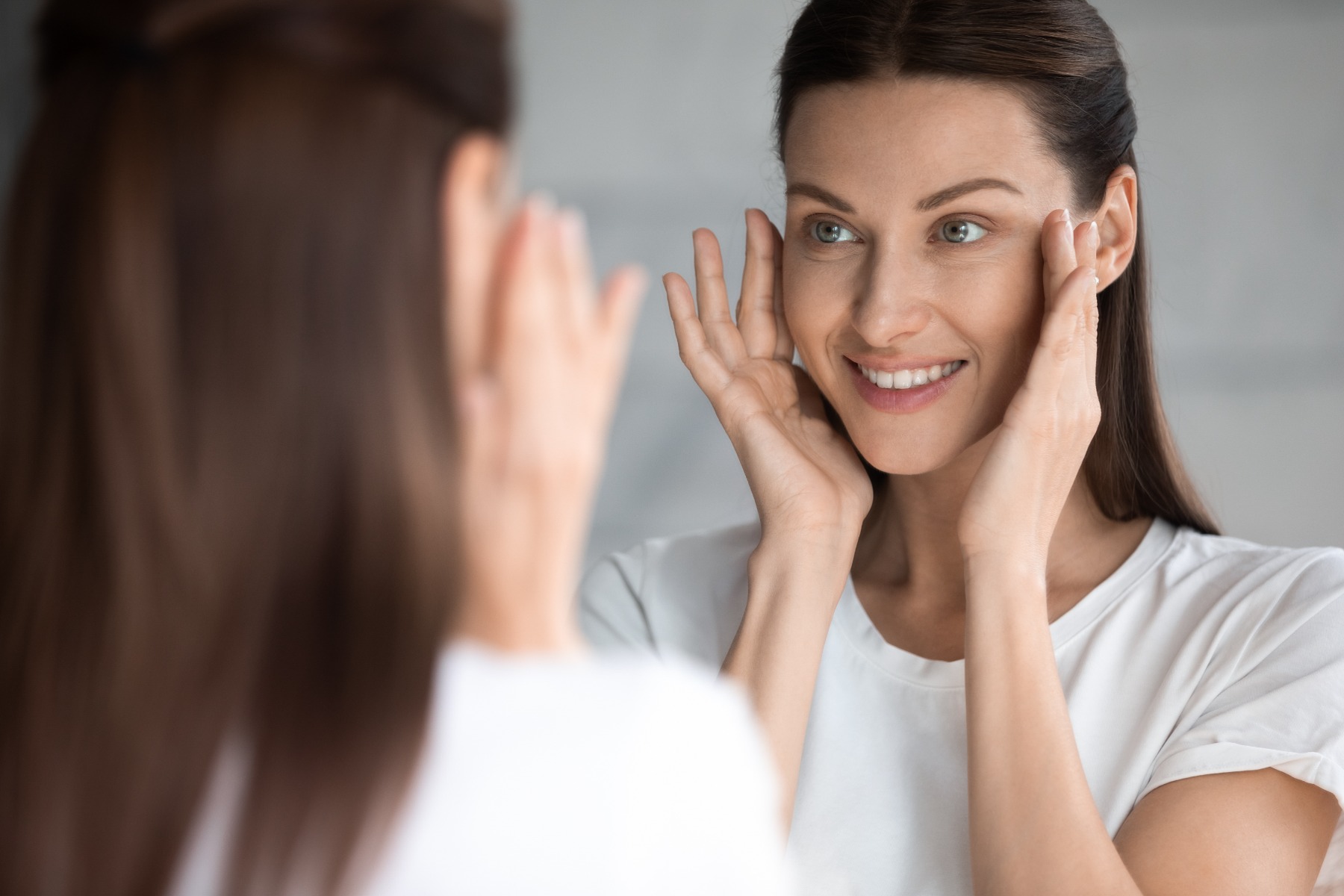

Photo Credit: "© [fizkes] / Adobe Stock
Experts analysing 19 global studies into the effects of collagen on skin ageing have found that taking a supplement for 90 days can improve the appearance of wrinkles.
The researchers in Brazil grouped together and analysed the results of studies involving nearly 1,125 participants aged between 20 and 70 years old.
They found that those women who took a collagen supplement compared with those who didn’t experienced improved skin hydration, elasticity and wrinkles.
According to the report’s authors from the University Center of Mineiros, Goiás: “Based on results, ingestion of hydrolyzed collagen for 90 days is effective in reducing skin ageing, as it reduces wrinkles and improves skin elasticity and hydration.”
Collagen is a crucial protein found in our bones, skin, tendons, and ligaments. As well as its benefits against skin ageing it also delivers joint support and may help alleviate stiffness and pain by helping maintain cartilage.
Along with supporting bone health collagen may also enhance bone density which can reduce the risk of fractures and osteoporosis.
And while individual responses to collagen can vary from person to person it has been shown to contribute to muscle mass, heart, and gut health.
The power of collagen to act as a wound healer is also a factor in considering whether to take it as part of your health and wellbeing routine.
But with all changes to diet and nutrition it is important that any preexisting or underlying conditions are taken into account and the relevant healthcare support is sought.
